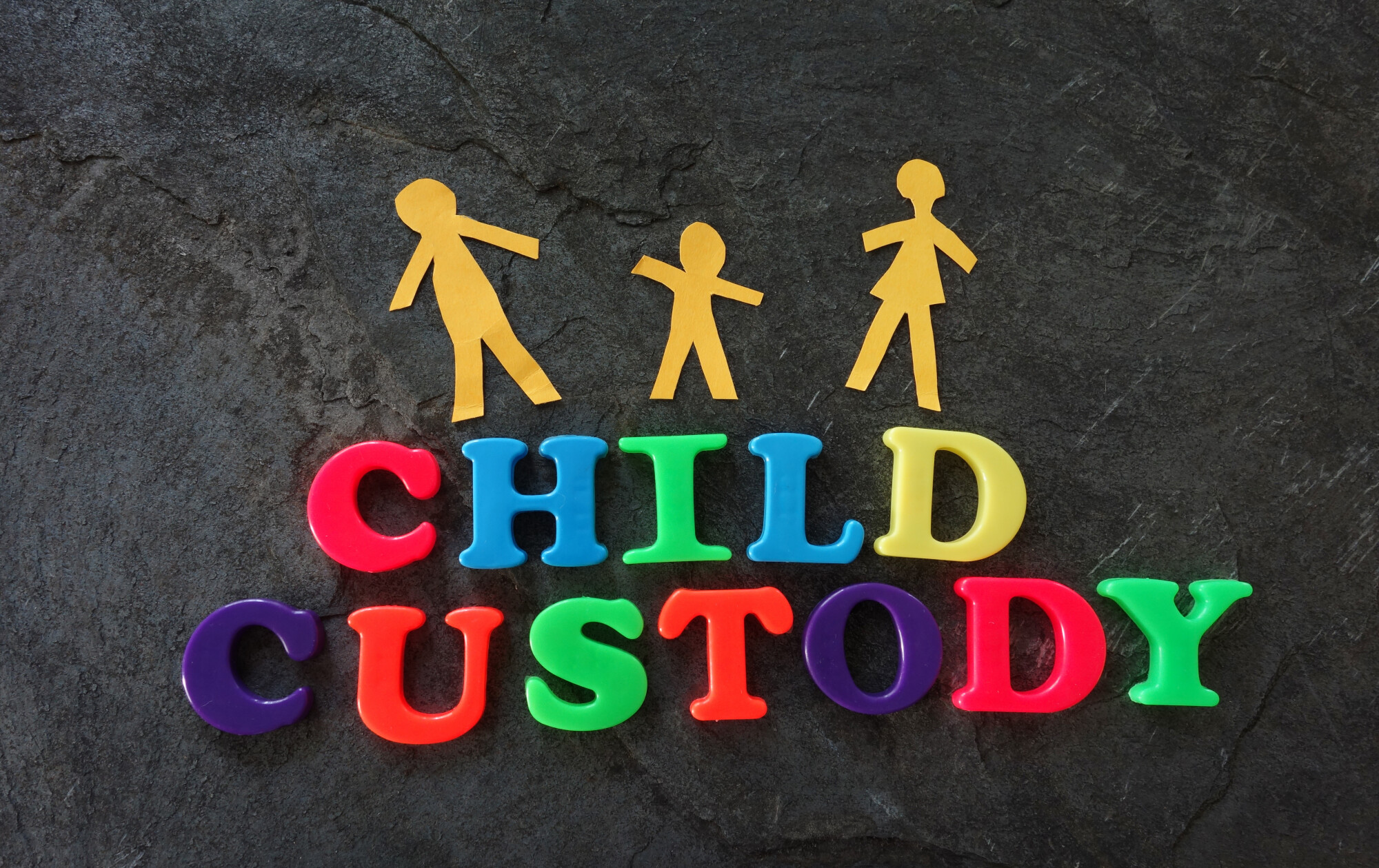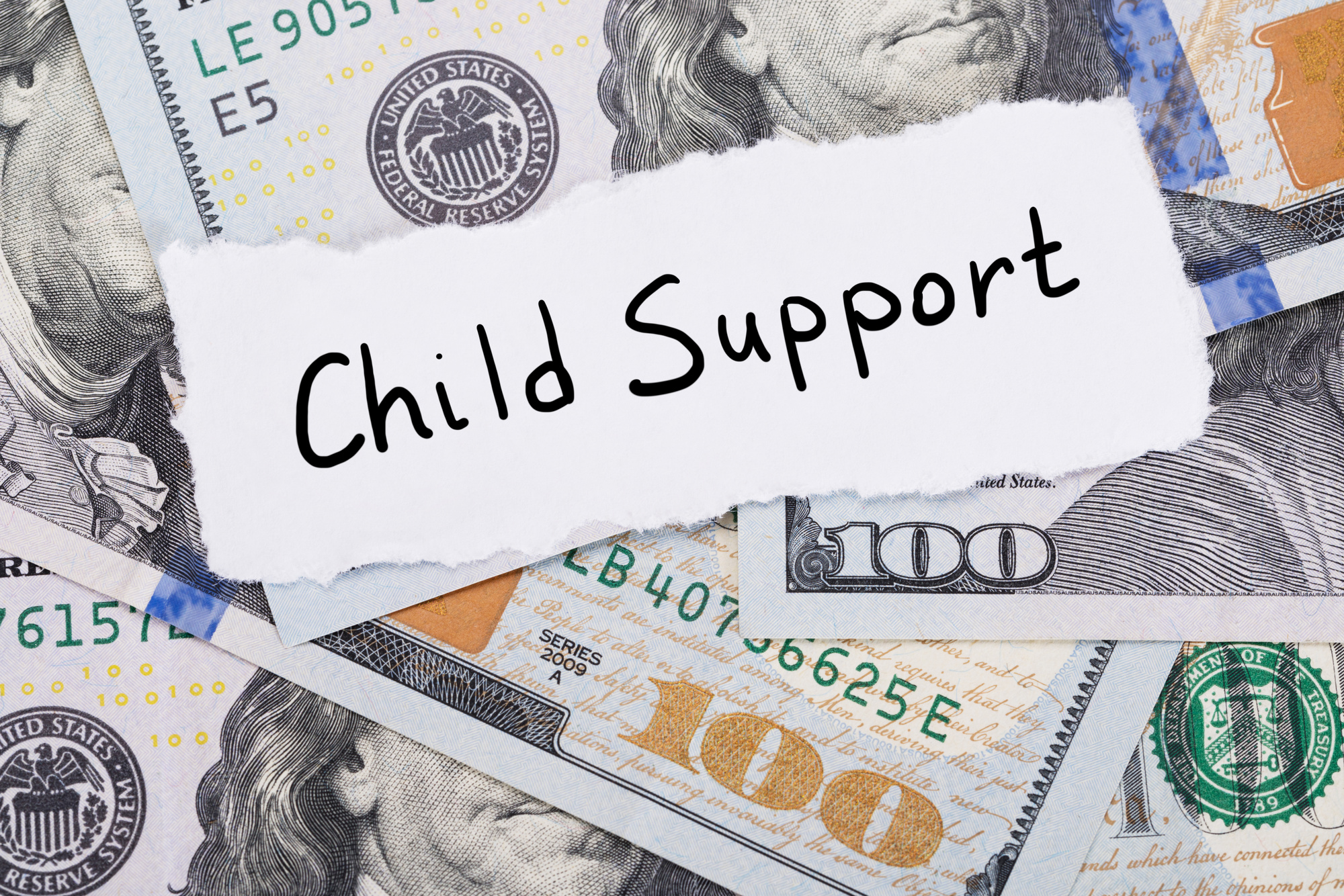Cohabitation Rights: Property Rights For Unmarried Couples
Cohabitation agreements are essential if you and your partner live with one another but are unmarried. Did you know that more than twelve million unmarried couples live in the United States today, and most of them are unaware of cohabitation agreements?
When you have this agreement in place, you not only protect yourself financially but emotionally as well. No one wants to have to go to court after a breakup.
Please continue reading below if you want to learn more about your cohabitation rights and what a cohabitation agreement can do for you and your partner. We will cover what you need to know about this document and who you can contact for more assistance.
What Is a Cohabitation Agreement?
A cohabitation agreement is a mutually binding agreement that details your and your partner’s rights in the relationship. The primary purpose of this agreement is to ensure that both parties are financially protected if the relationship ends. The document can also cover provisions such as visitation rights and custody of your children.
What Are the Cohabitation Property Rights for Unmarried Couples?
The specific rules for cohabitation property rights vary per state, but there are a few basic legal principles that are similar across the country. For example, the property laws that govern married couples who divorce don’t apply to those who live together and are unmarried unless you and your partner qualify under common law marriage or domestic partner laws.
Debt and Property Division
In a traditional marriage, the married couple share debts or assets acquired during the marriage. Of course, this can change if there is a prenuptial agreement.
If there is a prenup, the division of assets and debts will follow the agreed-upon terms on the prenuptial document. With unmarried couples, each individual is responsible for their own debts and property unless the two have a joint account or have both names on the property deed.
Cohabitation agreements
Because no laws surround the division of property, other assets, or debt, you and your partner can create a cohabitation property agreement. You can create this document with a reputable attorney to ensure that your assets are adequately covered.
What to include in a cohabitation agreement:
- Who owns newly acquired assets
- How you or your partner will manage credit cards and bank accounts
- Who owns specific assets
- How to distribute assets if there is a separation
- What process will be used if there is a dispute in property rights
- If and how you and your partner share expenses
This list is only an example of what you can list on your cohabitation property agreement. When you partner with a reputable attorney, they can help you sort out what to put on your agreement to cover your and your partner’s wishes.
Cohabitation Agreement vs. Wills and Trusts
Even though this document lists out who owns what in the relationship, it does not cover if the surviving partner receives property. The surviving cohabiting partner has no property rights.
The only way the surviving cohabiting partner can receive property is if the deceased left it to them in a will or a trust. The other exception is if the surviving partner is listed on the property as well. If they are, then they are entitled to half of the property.
Depending on the state you live in, you may have a right to inherit a portion of the deceased’s property if the state recognizes domestic partnerships. To be on the safe side, it is best to speak with an attorney about your options.
What Is the Importance of a Cohabitation Agreement?
Getting a cohabitation agreement completed early in the relationship is crucial to ensure that you and your partner are financially covered if you two decide to split up. Because you aren’t married, you may think it will be easy to take what is yours or what you believe is yours and move on. That is not always the case.
If your ex-partner believes they should own a specific piece of property, they might try to take you to court. They could also argue that you owe them money or other assets you acquired while you were together.
In the event that your ex does try to argue that you owe them something, but you know you don’t and you have it in writing, you will have an easier time in court. Most courts uphold these documents so long as they are in writing and completed before the split.
How To Find the Right Attorney
If you wish to create a cohabitation agreement, reach out to a reputable family lawyer who has experience creating this document. As mentioned earlier, they can help you create this document in a way that works best for you and your partner.
It is best not to assume the marital laws in your state apply to your relationship because they most likely don’t unless you qualify for domestic partnership or common law. You can speak with your lawyer about your options if you are unsure if you qualify under those two.
Create a Cohabitation Agreement That Works
Cohabitation agreements aren’t well known because many couples assume they qualify under common law or domestic partnership laws. Not everyone meets these requirements; unfortunately, they find that out when they split up. Even worse, they learn that the property and assets they agreed to share are not really theirs because they did not agree in writing.
To ensure that you and your partner are financially covered in the event of a break-up, you may want to consider a cohabitation agreement. If you want to learn more about this document or you wish to start the process, submit your information to find the right attorney for you.









